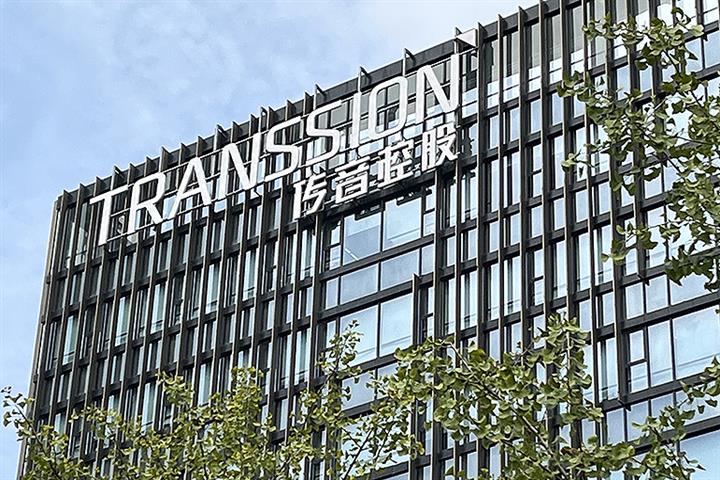 Chinese Developer Sunac Expects USD5.5 Billion Net Loss for 2021
Chinese Developer Sunac Expects USD5.5 Billion Net Loss for 2021(Yicai Global) Dec. 5 -- Sunac China Holdings expects to have swung to a net loss of CNY38.3 billion (USD5.5 billion) last year, the struggling property developer said on Dec. 2.
Tianjin-based Sunac, which fell into a debt crisis last year, had issued a profit warning on Nov. 29, after failing to submit its 2021 annual results on time earlier this year. It had a net profit of CNY35.6 billion in 2020.
The homebuilder mainly blamed the forecast loss on recurring Covid-19 outbreaks in China, the rapid downturn in the real estate market, and significant changes in the operating environment since March. As a result, Sunac made further provisions for property impairment and expected credit loss on receivables and external guarantees, and provision for impairment of goodwill and related long-term assets in its cultural and tourism city development and operations business.
As a result of the delay in publishing its 2021 earnings report, Sunac’s stock has been suspended from trading in Hong Kong since April 1. It also has not yet filed a semi-annual report for 2022.
Sunac ranked 10th in China for sales between January and November this year, with about CNY161.1 billion (USD23.1 billion), according to the data from the China Index Research Institute. In the first 10 months, the builder handed over about 140,000 homes.
Sunac’s priority is to raise funds and strive to deliver homes on schedule. The firm reportedly received CNY10 billion in bailout funds to complete nearly 70 projects in 20 cities, including Tianjin, Chongqing, Harbin, Shenyang, and Jinan.
A unit of Sunac sold 90 percent of its interest in a Shanghai residential project on Nov. 28. A person familiar with the matter told Yicai Global on Dec. 1 that it would get CNY12 billion in cash from the deal. Other sources told Yicai Global the following day that Sunac will continue to operate the Dongjiadu project, with the unsold homes worth more than CNY50 billion.
Last month, the People’s Bank of China and the China Banking and Insurance Regulatory Commission issued a 16-point plan to encourage trust companies to support the reasonable financing needs of real estate firms and their projects. The Dongjiadu project falls within the scope of this policy.
Embattled developers should make full use of these favorable policies, according to Tianfeng Securities and industry insiders.
Editor: Shi Yi, Futura Costaglione